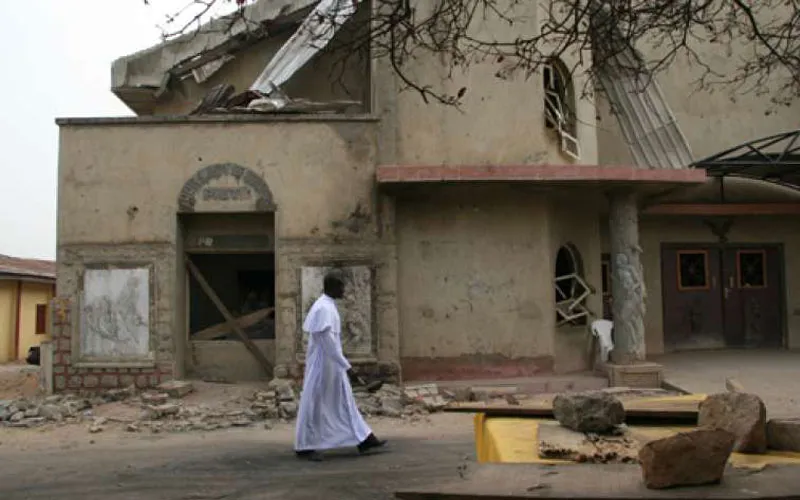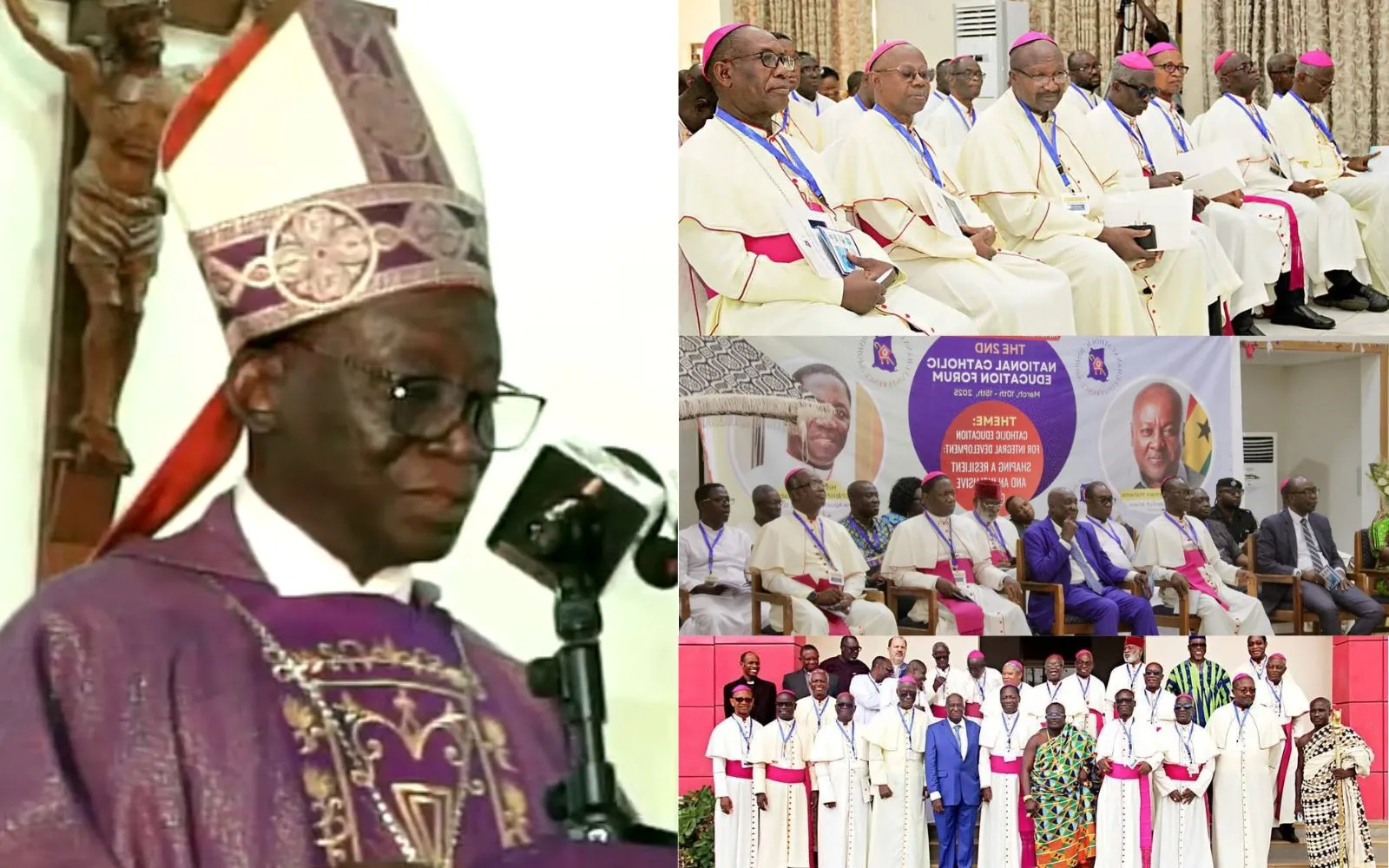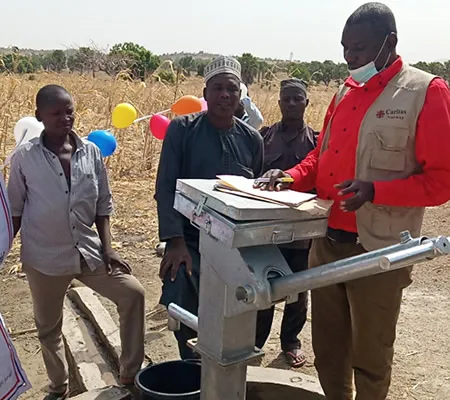In a majority of the States located in the Eastern part of Nigeria, Caritas has implemented health programs in hundreds of primary and secondary health facilities.
The organization’s anti-human trafficking and migration intervention is aimed to address repeated cases of illegal migration in the country.
“Young Nigerians are taking risks every day as they seek to leave the country in search of greener pastures especially in Europe. They go through Libya and many of them die in the desert,” Ms. Mbaezue says.
She adds that those who manage to make a U-turn are taken up by Caritas Nigeria that helps them rebuild their lives.
The intervention is made with the help of Catholic Relief Services (CRS), Deutsche Gesellschaft für Internationale Zusammenarbeit (GIZ), the Italian Episcopal Conference (CEI), and other development agencies working in the Southern region of Nigeria.
(Story continues below)
The core areas of intervention of the emergency and humanitarian response, on the other hand, are Adamawa and Borno States that are riddled with insurgency.
In these two States, Caritas Nigeria has partnered with the United Nations International Children's Emergency Fund (UNICEF), the German Ministry of Foreign Affairs through Caritas Germany. and the Norwegian Ministry of Foreign Affairs through Caritas Norway, to deliver aid to victims of Boko Haram insurgency.
Other partners include the Food and Agriculture Organization (FAO), the United Nations High Commissioner for Refugees (UNHCR), and the Nigerian government.
In Adamawa and Borno State, for instance, Caritas Nigeria is overseeing UNICEF-funded projects that have brought other partners on board to reduce malnutrition among children aged between six and 59 months.
“Children in these places are severely malnourished because of what insurgents have done, causing loss of livelihoods and starvation,” Ms. Mbaezue says, adding that the aim of the project is also to prevent future instances of malnutrition.
Here, parents are taught how to prepare healthy foods for their children and also introduce to infant and young feeding practices.
In the FAO-funded project in Borno State, Boko Haram victims are given agricultural inputs such as seeds and fertilizers to engage in farming.

As for the UNHCR-funded project in Adamawa State, victims are enrolled into vocational training centers where they are equipped with skills in carpentry, tailoring, bead making, among others, to improve their livelihoods.
Caritas Nigeria is also working in collaboration with the Nigerian government to provide meals to displaced people in Borno State in what Ms. Mbaezue says provides “instant gratification” to the victims.
“Three meals are prepared in camps every day and given to IDPs arriving in camps. This is to keep them rejuvenated as they make plans for their stay,” she says, and adds, “As they say, a hungry stomach cannot engage in any meaningful activity, this feeding program is only aimed at providing instant gratification to the victims.”
Meanwhile, the Nigerian Caritas official has faulted the media for summing up Nigeria as a place known for violence alone, saying that there are a lot of positive things to report about the West African country.
“Nigeria isn’t just about insurgency. There are about six geopolitical zones in Nigeria where life is going on as usual. But the media has this way of shaping a mindset and now people only think about Boko Haram where they hear about Nigeria,” Ms. Mbaezue tells ACI Africa.
She continues, “Nigeria is very green. We have palm oil, we have cassavas, we prepare over 250 dishes that are delicacies everywhere.”
“We have highly skilled people who make crafts that are sold internationally and we have a very unique culture of dressing that has permitted the whole continent,” the Nigerian Caritas official further says in the March 23 interview with ACI Africa.
Agnes Aineah is a Kenyan journalist with a background in digital and newspaper reporting. She holds a Master of Arts in Digital Journalism from the Aga Khan University, Graduate School of Media and Communications and a Bachelor's Degree in Linguistics, Media and Communications from Kenya's Moi University. Agnes currently serves as a journalist for ACI Africa.










